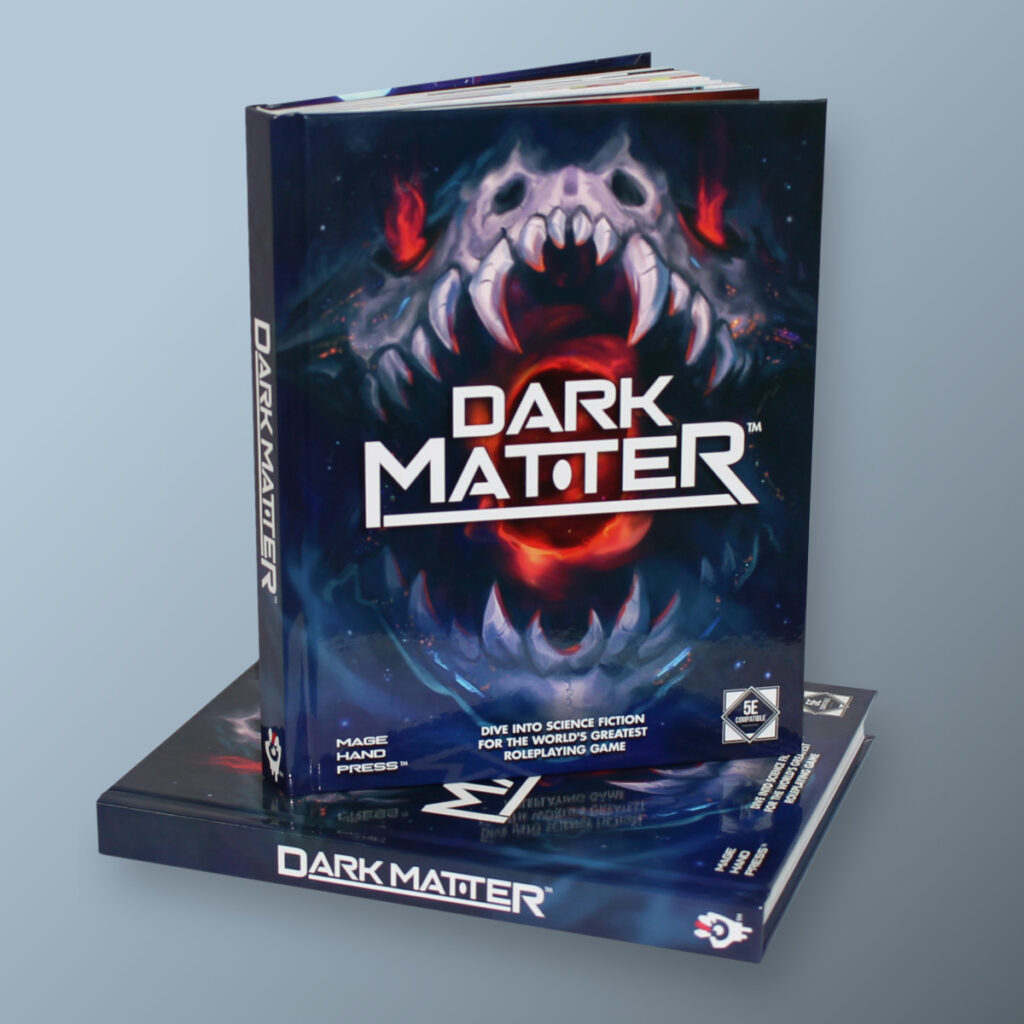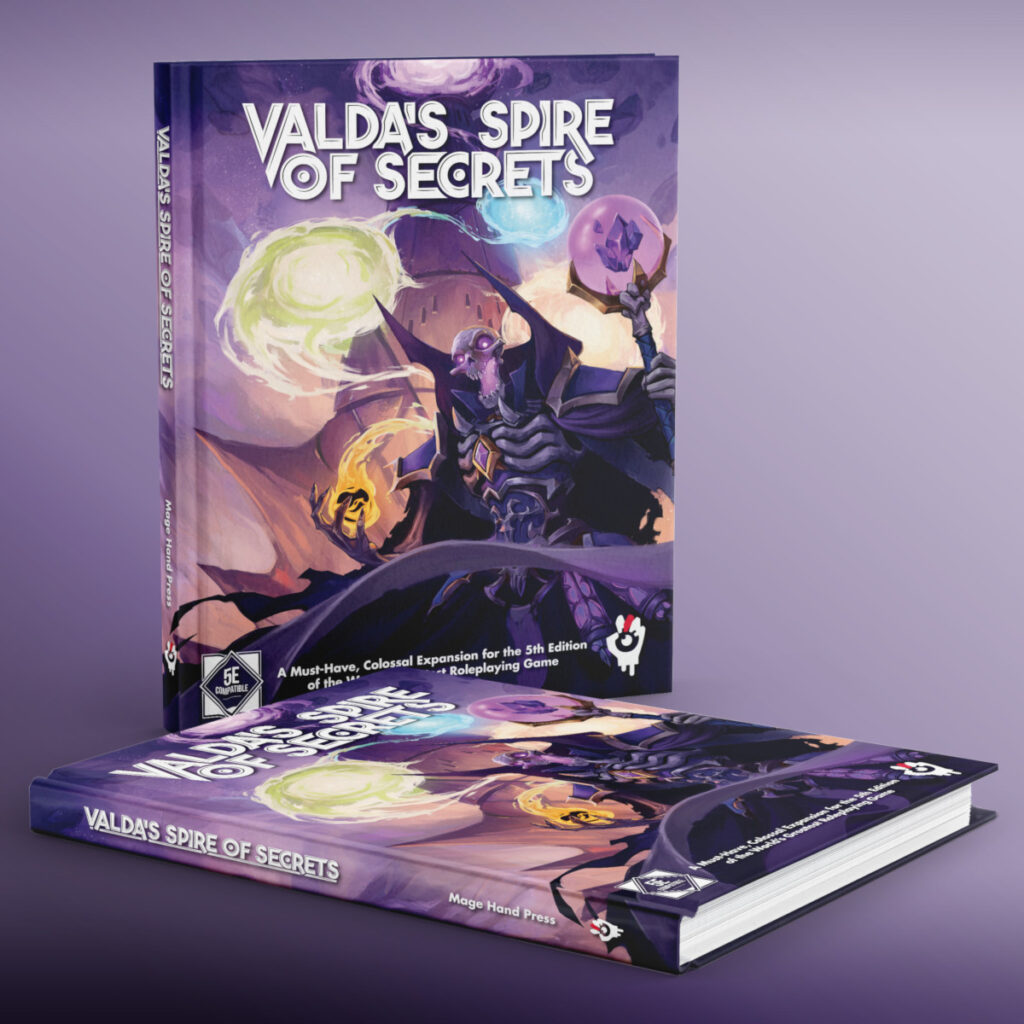Rules for Musical Adventuring
When people first encounter the bard class in D&D, their response is often a little incredulous. They fight by singing? Really? It seems a little… cute. But I’ve been thinking: what if we flip that on its head and make everyone fight by singing? We’d have a Battle of the Bards!
Then, the Thumb wrote up his excellent College of Rhyme, which blended the medieval theme of the bard class with a modern style of music. Very soon, the Digits were all talking about which of the other classes was which other modern genre, and I felt inspired to write some of them up, along with additional rules to facilitate a more musical game. Here’s a taster of those rules to get you warmed up!
Spontaneous Musical Numbers
Sometimes, an adventurer will break out in song. Typically, this will be in an attempt to convince someone of something that they otherwise would not even entertain, though it could also be a means for a character to give voice to their inner feelings, venting their sorrows and expressing their joys.
If a character with proficiency in one or more musical instruments makes a Charisma (Deception, Intimidation or Persuasion) check and fails to get the desired response, they can choose to launch into an elaborate musical number in an attempt to improve the result. The song lasts 10 minutes and enables the character to make a Charisma (Performance) check. They must then subtract 15 from the result and, if the outcome is positive, they may add that as a bonus to their previous deception/intimidation/persuasion attempt.
Spontaneous song-and-dance shows are tiring, however. Once the performance is over, the singer must make a DC 15 Constitution saving throw or gain a level of exhaustion.
Duets
Performing a duet can be a great way to get to know someone, bonding with them over a shared piece of music.
Whenever a character makes a Performance check that involves playing music, another character who is proficient with one or more instruments may take the Help action to join in and give them advantage on the check. Furthermore, if the two characters are using different instruments, a 1d4 ‘fusion’ bonus can be applied to the check.
For one minute after two characters have performed a duet with each other, they know each other’s surface thoughts and emotional state, as if they had cast the spell detect thoughts on each other. This effect is not magical and cannot be blocked by effects such as the mind blank spell or a Ring of Mind Shielding, because the thought sharing is conducted voluntarily.
One-on-One Duels
The most intense and personal music contests are those where two incredible talents go head-to-head in an ultimate exhibition of skill, technique and flair.
In a duel, the the contestants take turns; turn order can either be agreed beforehand or determined by an initiative roll. On each turn, the players can use their action to play a short melody (or whatever would be appropriate for their instrument), which deals damage to their opponent, or perform some other action from the list below.
Melody. Make an attack roll using Dexterity (representing timing and precision) – and applying your proficiency bonus if you are proficient in the instrument you are using – against the opponent’s AC. On a hit, they take damage equal to 1d6 + your Dexterity modifier.
Harmony. If you are equipped with two instruments that can be played simultaneously, such as a lute and your singing voice, you can make one attack with each, as per the melody action. However, both of these attacks have disadvantage.
Chorus. You play a simple, resounding motif that deals no damage to your opponent but restores your will to fight. You regain 1d4 hit points.
Retune. You quickly recalibrate your instrument. You have advantage on the next two attack rolls you make with it.
Distract. You play a discordant mess to confuse your opponent. Their next two attacks have disadvantage.
Cast a Spell. You cast a spell. Contestants in a duel are immune to all damage from spells cast by their opponent, except for psychic and thunder damage.
The contestants both start with 20 hit points — it should be noted that these are separate from their physical health and no injury is sustained in the duel — and their AC is equal to 10 + their Charisma modifier. The winner of the duel is whoever reduces their opponent’s HP to zero first. The victor gains XP equal to the sum of the loser’s Dexterity and Charisma scores.
Battles of the Bands
When all the members of a band are in sync with one another, the whole becomes greater than the sum of its parts. Of course, a full battle between rival bands requires some set-up: a stage needs to be prepared and an audience assembled. For this reason, they usually take place at regular events such as festivals and holidays. Any number of bands can take place in a battle; traditionally the show is contested by at least three acts.
Each band gets to play one song, for which they generate a ‘performance score’. The performance score combines several different elements into a grand total; the winner of the contest is whoever compiles the highest score. The DM should determine appropriate rewards for the winning band – this could include XP, treasure or other boons.
Stage Presence
The core of the performance score is determined by the presence, style and showmanship of the band members up on stage. Each musician rolls a Charisma (Performance) check. The two highest rolls are then added together: this is the stage presence component of the performance score.
Special Moves
Two of the band members may perform one ‘special move’ each to make their performance more memorable. Each type of special move requires a DC 20 ability check; on a success the band gains a +10 bonus to its performance score. Some suggested special moves include:
- Instrument Smash. Strength check
- Breakdance. Strength (Athletics) check
- Stage Dive. Dexterity (Acrobatics) check
- Killer Solo. Dexterity (Instrument) check
- Cut Shapes. Dexterity (Performance) check
- Instant Costume Change. Dexterity (Sleight of Hand) check
- Breathe Fire. Constitution (Arcana) check
- Improvise! Wisdom check
- Audience Participation. Charisma (Persuasion) check
Audio-Visual Effects
Some members of the band may elect not to appear on stage, but instead help the performers by providing behind-the-scenes support. Generally, this takes the form of magic. Up to one band member may roll an Intelligence (Arcana) check to determine the quality of the effects; this result is added to the band’s overall performance score. If any of the band members who remain backstage know any of the following spells, they can add +1 to the result of the roll for each spell available:
Dancing lights, faerie fire, fog cloud, gust, major image, minor illusion, prestidigitation, programmed illusion, pyrotechnics, silent image, skywrite and thaumaturgy.
In addition, one band member must do an acoustic check before the show to make sure the band will sound good. This requires a DC 15 Wisdom (Perception) check; on a success, the performance score increases by +5; on a failure, a -5 penalty is applied.
Costume & Make-Up
Before taking to the stage, bands spend hours making sure their costumes are just right, often employing specialist hirelings to do their hair and make-up. A band can gain a +1 bonus to their performance score for every 10gp spend on costumes and other preparations, up to a maximum of +10.



